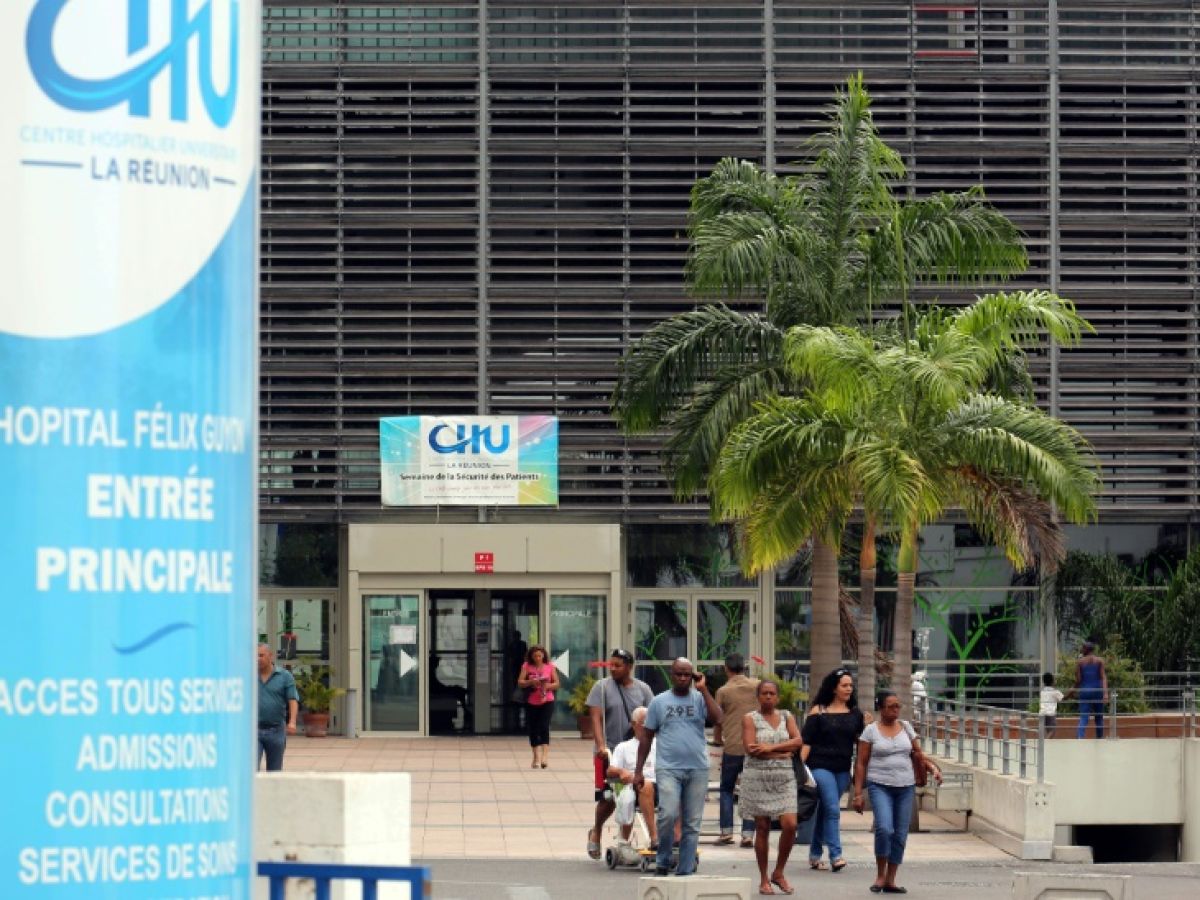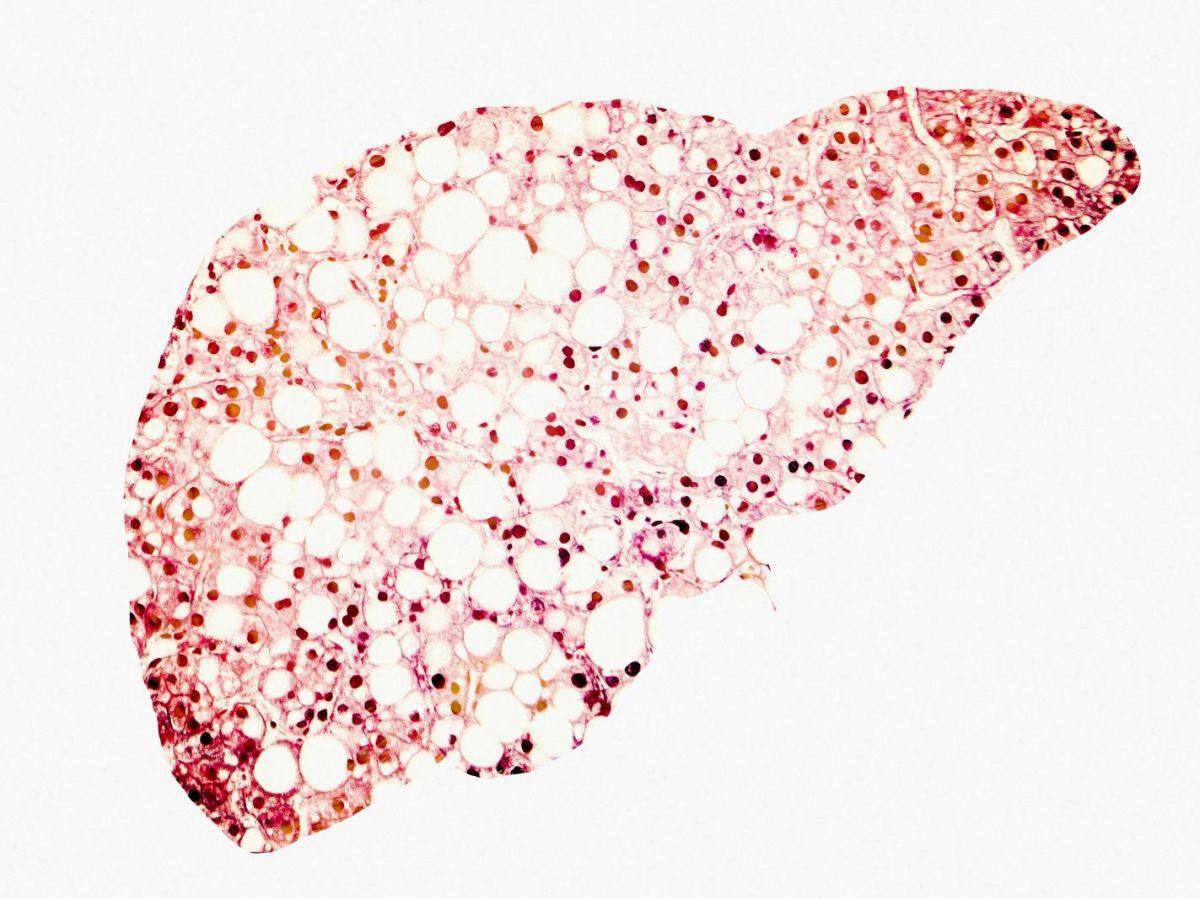"We're overwhelmed," says Dr. Olivier Gacia, head of the emergency department at Saint-Pierre University Hospital in Réunion. At this hospital in the south of the island, healthcare workers are dealing with a massive influx of patients infected with chikungunya, which has already affected more than 20,000 people since the beginning of the year.
While two deaths have been confirmed on the island, Public Health France (SPF) announced this week that several others were "under investigation" to determine their link to the virus, raising fears of a higher death toll as the peak of the epidemic is expected in mid-April.
The epidemic has accelerated sharply in recent weeks, going from a few isolated cases since August 2024 to a widespread presence in all 24 municipalities on the island.
Nearly 6,000 new cases of this disease, transmitted by the tiger mosquito, were recorded during the week of March 17-23, the last week for which figures are available. During the same period, there were 129 hospitalizations lasting more than 24 hours.
"We don't know what to expect, but we have to anticipate it," comments Dr. Olivier Gacia, who is discussing the establishment of a "chikungunya channel" that would help regulate the flow of patients.
On Friday, the University Hospital of Réunion – which oversees the island's various establishments – activated the white plan, a system that allows certain operations to be canceled or staff on leave to be recalled.
This decision aims to "free up beds" and "streamline the flow of patients requiring immediate care," explains the management of the Saint-Pierre University Hospital. "We must prioritize the most serious cases," it specifies.
In the meantime, patients are suffering. "In the emergency room, they told me there was no cure, no miracle," laments Marlène Damour, 73.
"I was given paracetamol, that's all," complains this resident of Le Port, a commune in the west of Réunion Island affected by chikungunya.
"For a week, the slightest touch caused pain. The pain was mainly concentrated in my arms and legs. I couldn't sleep; I had spots all over my body," the septuagenarian lists.
– “Paracetamol” –
Chikungunya is particularly virulent in infants under two months old and patients over 65 years old.
But it affects everyone. Eythan Ratsimbazafy, 14, "woke up with a fever, covered in a rash, and suffering from pain in his wrists," says his mother, Prisca.
"I first thought it was an allergic reaction (...) I gave him an antihistamine and paracetamol, but it didn't do anything," says this mother living in Saint-Denis.
A general practitioner finally diagnosed her with chikungunya. "In the waiting room, almost everyone was there for that," notes Prisca Ratsimbazafy.
Until the first two deaths were announced on March 21, Reunion Island lived with chikungunya in relative indifference. The impact of the disease remains far from that of the 2005-2006 epidemic, which affected 260,000 people, a third of the island's population, and killed more than 200.
But things have changed. A laboratory technician working in Saint-Denis confides, on condition of anonymity, that he "conducts screening tests from 6:00 a.m. until the evening."
The same tension is being felt in pharmacies. Demand for repellents has exploded, with some products even out of stock. According to Claude Marodon, president of the Réunion-Mayotte delegation of the Order of Pharmacists, some pharmacies "are still managing to obtain supplies."
"We are doing our utmost (...) to replenish stocks. The current epidemic, coupled with the hurricane season, is complicating supplies," he explains.

There is no specific antiviral treatment for chikungunya, but a first vaccine, Ixchiq, received marketing authorization at the European level in June 2024.
Given the "limited number of doses" - 40,000 arrived on Thursday - the High Authority for Health recommends its use as a priority for people aged 65 and over and those with comorbidities.
The vaccination campaign will begin on Monday, the ARS (Regional Health Agency) announced. Manuel Valls plans to meet with healthcare professionals during his visit to the island this weekend. "The most difficult weeks are ahead," he warned.

